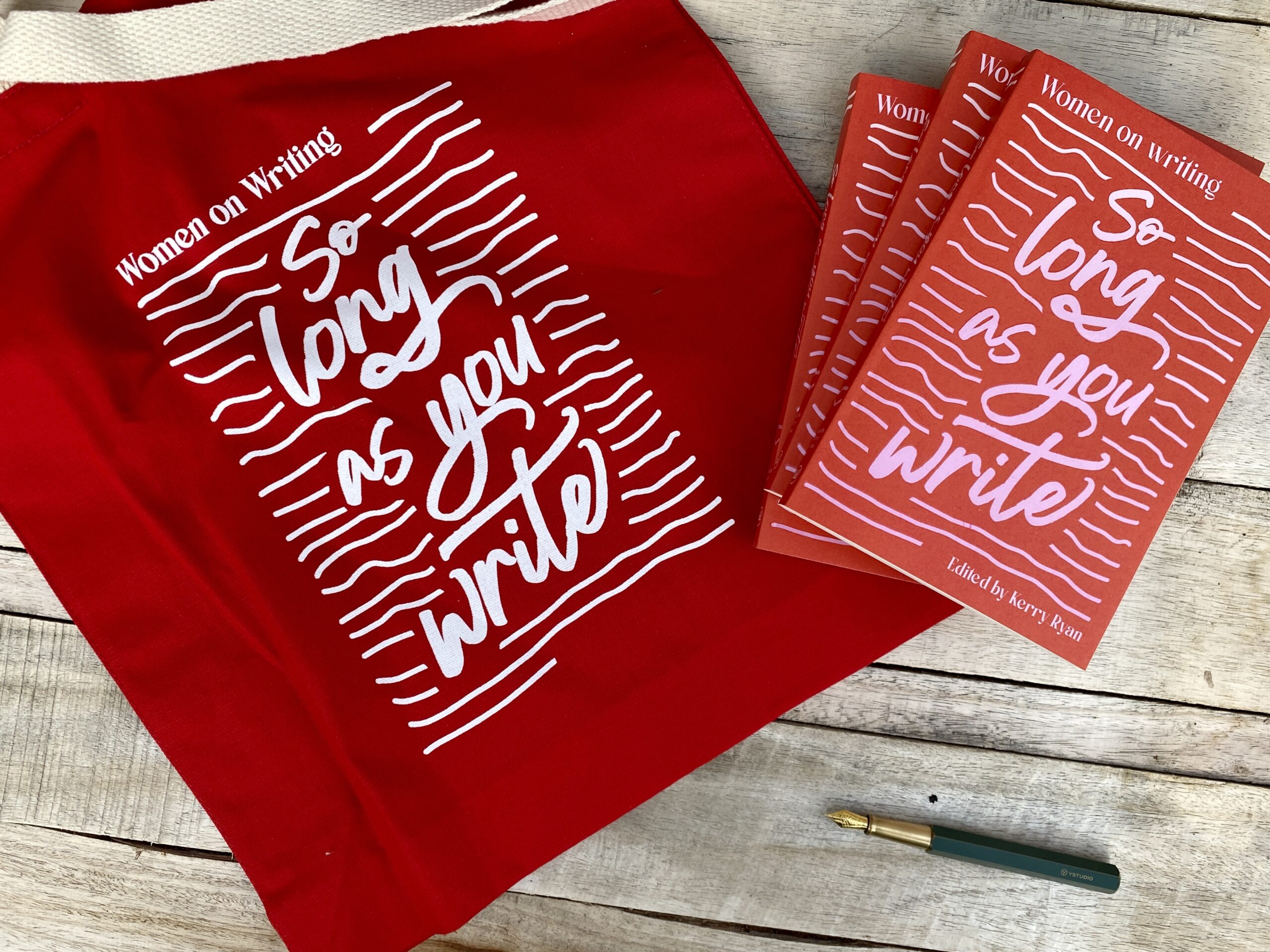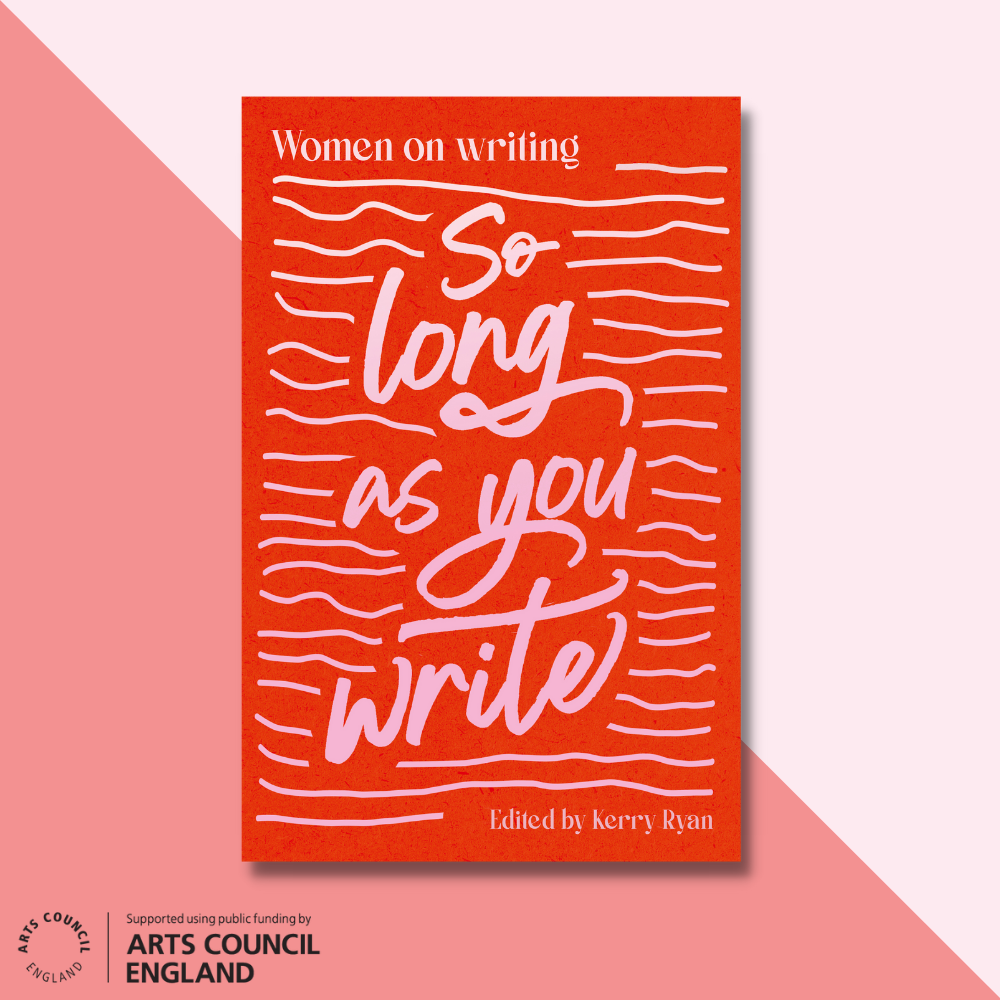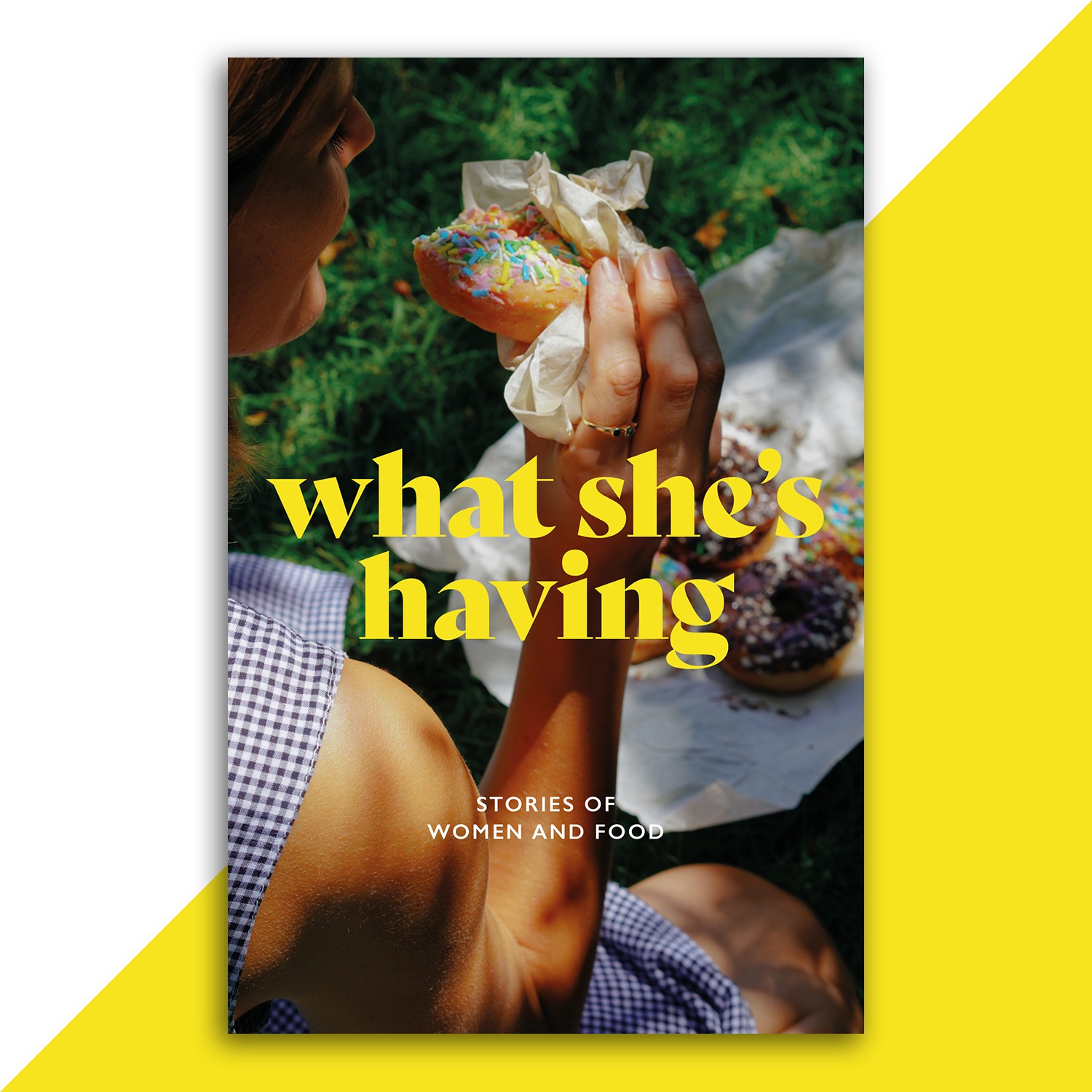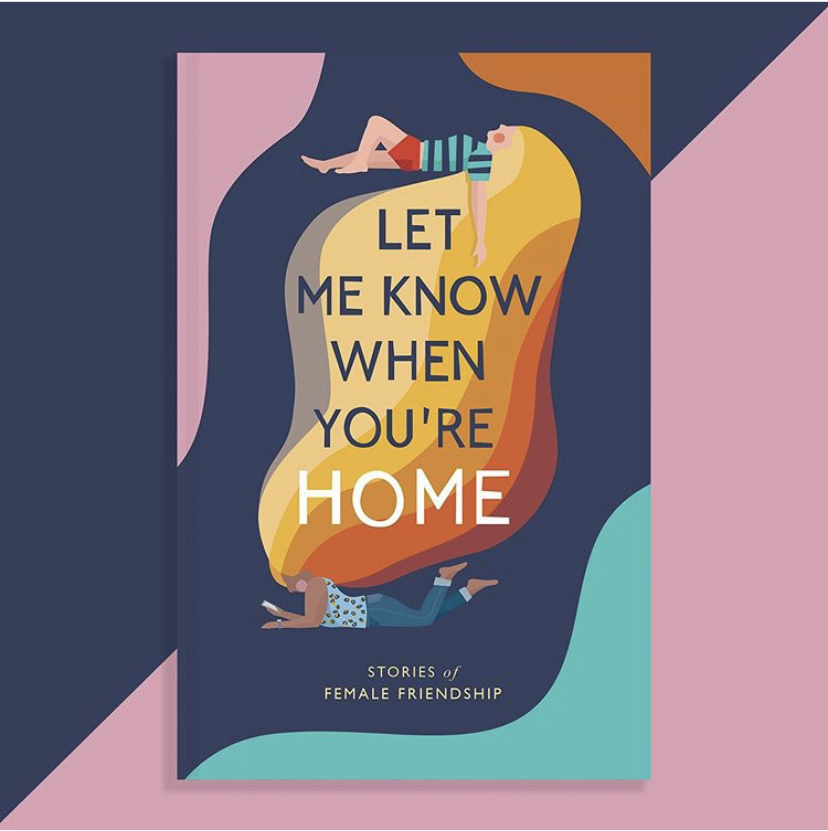Return to Hyrule
by Sara Veal
One of my favourite summers was spent saving a princess. I memorised melodies, travelled back and forth in time and battled spiders, while my little sisters watched. They were usually bored to tears by my activities. But that summer, they would often ask, “Can you play Zelda?”
When the villain was defeated and peace and hope restored in Hyrule, I felt both elation and sadness. I had stepped into and out of an epic tale. I realised that games could change how you saw the world, the way a good book did. The way any good story can. The Legend of Zelda: Ocarina of Time remains the best story I have ever experienced.
More than 20 years since Ocarina of Time was first released, you’ll still find it at the top of superlative games lists and cosily nestled in people’s hearts. It’s a benchmark for other Zelda games, for roleplaying games and for video games in general. Although the story changes each time, the Legend of Zelda games have a comforting formula – there’s the hero Link, the princess Zelda and a villain, usually the demon-king Ganon. Zelda is always the most powerful of the three – sometimes she’s a mysterious stranger in disguise, sometimes she’s a gifted scholar. All the Zeldas are connected, each one is a reincarnation of the Goddess Hylia. There are puzzles to solve and dungeons to explore, rupees to collect. Hyrule, Zelda’s kingdom, is bucolic, the kind of high fantasy land you conjure up when you read Tolkien or CS Lewis.
There are 19 Zelda games. Ocarina of Time was the fifth. The first Legend of Zelda was released in February 1986, for the Nintendo Entertainment System, by Japanese game designers Shigeru Miyamoto and Takashi Tezuka. The games rarely follow one another chronologically. Nintendo are secretive about the master timeline, sparking much fan discussion. The original timeline splinters off at several junctures. You often travel back and forth in time, or you’re racing against it. At the time of its release, Ocarina of Time was the most richly realised, most monumental Legend of Zelda. You get to experience Hyrule and the surrounding lands as a child, and then as an adult, after being frozen in sleep for seven years. Using a mythic sword, you can switch between childhood and adulthood, something I wish I could do in real life. The months I spent playing Ocarina of Time felt like years.
Perhaps Ocarina of Time ruined me for gaming, because I don’t recall playing much after that. Life moves quickly but video games move even faster, which is both impressive and disconcerting. Each new game I played rendered the one before into a clunky pixelated mess. Having the latest console was a race I did not wish to compete in, especially as I left adolescence behind. I didn’t trust myself with anything addictive. I struggle to self-regulate so it often seemed better not to begin. There were so many things I had started and not finished.
The further away I moved from video games, the more likely I was to only hear about its most problematic aspects. Some of it was irritating, like friends becoming “gaming widows” while their partners took time off from work and their share of household tasks to play the latest Grand Theft Auto. Some of it was horrifying – such as Gamergate, an online harassment campaign that targeted women and non-binary folks for daring to make or like games that departed from glorifying violence. I had witnessed some of this culture up close when I had a teenaged period of reading Playstation magazines with Tomb Raider centerfolds. The magazines had treated the question of whether women could play video games as something worth space and debate.
“My children have seen me work, but this is the first time they’ve watched me play.”
I was only briefly aware of Gamergate as it was happening, as it coincided with finding out I was expecting my first child. I loved my son fiercely as soon as I knew he existed, and more with each second that we co-exist, but motherhood heralded a time where I found little pleasure or point in anything other than parenting. I stopped reading books and watching TV. I stopped listening to music. If I did anything besides hold, feed and kiss my baby, and keep his surroundings safe, it was to stare at my phone or into space. I loved watching him play and find joy, but I had forgotten how to do so myself.
But even when I felt like I was in the darkest timeline of my own life, I thought warmly of Hyrule. My memories of my time there, with my sisters by my side, of the story unfurling, feel as real and as pleasurable as when I’ve wandered around the ruins of Angkor with my best friends or explored the old town in Zanzibar with my family. These were places which were close to home – I grew up in Cambodia and became an adult in Tanzania. Joyful, shared experiences are jewels to store within. They shine so brightly that they can offer a shadowy present some light.
I knew what to call my daughter right away. The Legend of Zelda: Breath of the Wild posters appeared around London as my bump swelled. My friends joked that my professional communication skills were so powerful that I had coordinated a lavish campaign to herald her birth. The game was released six days before her due date; she made her entrance nine days later. One of the best moments in Ocarina of Time is when the masked stranger helping Link is revealed to be Zelda. This is what I wish for my princess – not a kingdom, magic powers or a prince, but to subvert expectations.
Another of my heroes, Robin Williams, also named his daughter Zelda. His love for video games began with the first Legend of Zelda and first Nintendo console. He spent hours playing games on movie sets. Zelda Williams is part Filipina, like me. Robin’s enthusiasm for Hyrule was so legendary that Nintendo asked him and his daughter to film a series of commercials around releases of Zelda games. They are a delight to behold and showcase the bond between father and daughter. My heart aches when I think about his absence. But it is lovely to think of him playing games with his daughter and laughing as he made us all laugh.
At the beginning of 2020, I was dumped from a dream job. I was already low, following a parade of difficult events – relationship breakdown, the near death of one loved one, the death of another. Even though the dream had already become a nightmare, being disposed of was devastating. I was heavy with guilt that I had spent so little time with my children for the six months I’d had the job, working most nights. My son had taken to waiting up for me past midnight, so he could fall asleep in my arms. Now I could be with them, even if I felt defeated.
Then the world shut down. The kids were at home constantly, a gift in many ways, a shock to the system in others. All my energy went on normalising our surroundings for them, so they wouldn’t notice that we weren’t going anywhere or seeing anyone. Even if I could have found work, I wouldn’t have been able to do it, mentally or practically.
Somehow I saw that a video games studio I had longed to work with for years needed maternity cover, to start in the summer – enough time to prepare myself to at least appear human and capable for the hours they would require me. I applied. I was interviewed and offered the contract. Even though I had no professional experience with video games. Even though I hadn’t played their games, or any games at all, for a long time.
The kids returned to school and nursery. I began therapy over Zoom. My world was much smaller than it ever had been, limited to screens and the area between my home, my parents home and the kids’ school and nursery. I widened my world by returning to my earliest love – reading books. I cultivated new passions – watching Drag Race, listening to podcasts and using Teleparty to watch scary movies with a friend on the other side of the country.
I cooked meals, something I hadn’t had time or energy for when I had been commuting for long hours. I wandered around the local cemetery. I began the job, which would be fully remote. The environment was safe, fair, supportive and stimulating. I enrolled in a course to support mums who have experienced abuse. My parents took care of the kids on the weekends. I had space in which to rest, and, very slowly, to find pleasure. The fog began to clear.
Through work, I began to deepen my understanding of video games. I worked on an initiative to diversify representation in games writing. We participated in an event to support a charity that makes games more accessible for everyone, modifying controllers and headsets. I learned that games can help rehabilitate people with brain injuries, as well as keep them connected socially. I learned about the different kinds of games – my studio specialises in interactive fiction. Think an epic Choose Your Own Adventure on the scale of War and Peace. When I finally found time in my personal life to play the studio’s best-loved, flagship game, a 10-year old browser game based in an alternative Victorian London, I flushed with embarrassment that I had taken that long to fully grasp the immense talent of my colleagues.
A few months into working at the studio, I decided to get a Nintendo Switch. But I didn’t open the box. I felt wary, I thought it might take too long to work out. So I popped it on a shelf, high above the television. One day my son looked up, and began jumping up and down, animated. “What’s THAT? It looks fun!” He observed it wasn’t dirty like the well-used board games it had been placed among.
We set it up, a much simpler process than I feared and soon we were playing a brightly coloured game featuring a chameleon and bat duo. My son thrills in turning on the Switch after school. He masters new moves on the controller, and teaches his little sister. He plays with his blocks while I play the Switch, calling it “double playing”. My children have seen me work, but this is the first time they’ve watched me play. We used to travel together up and down the country on trains. To see their dad. To go to the festivals I worked at, making a home out of a rainbow bell tent and dinner out of ice cream. Now we travel to lands where we race anthropomorphic clouds or collect quivering quills. As we unlock new worlds together, our happiness levels up. Instead of feeling frustrated that I have to finish work at 3pm to collect my son from school, it is my favourite time of the day, because it means that it is time to play.
Twenty years since I first visited, I am back in Hyrule. Breath of the Wild is set at the end of the Zelda timeline, tens of thousands of years after the events of Ocarina of Time. We’re leisurely preparing for the battle, activating watchtowers, taming horses and getting our gear enhanced by giant fairies. If something glitters, we run towards it. If we see monsters, we usually run away. Ingredients for elixirs and meals dance in the cooking pots that are set up across the lands. The kids ask about the game’s mythology at bedtime. I told my son that his sister had been named after the princess. “No, you have that wrong,” he said. “The princess is named after Zelda.” He may be right. Time isn’t linear.
My kids often ask, “Can you play Zelda?”




